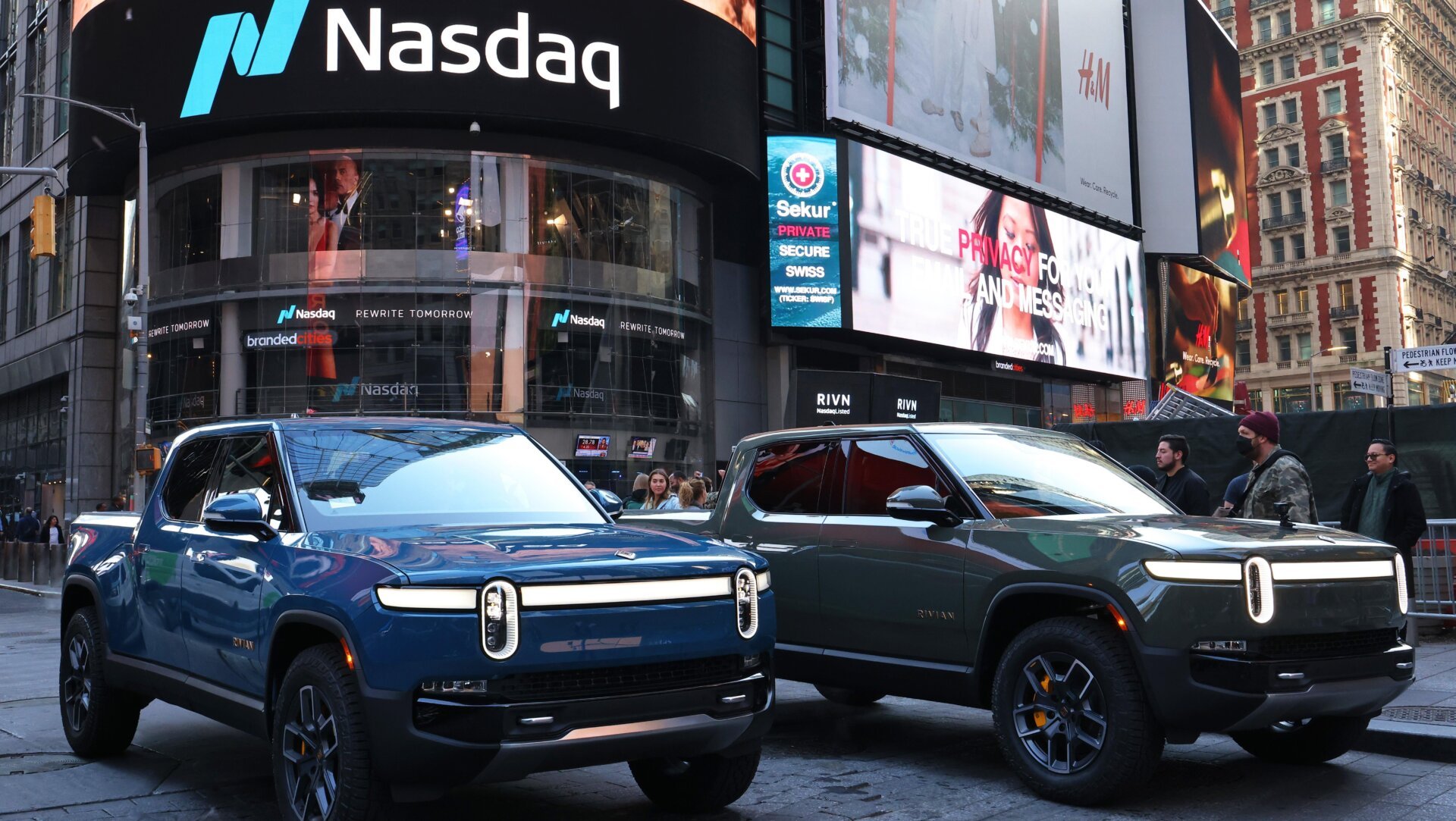The Big EV Tax Credit Mystery

If you’re thinking about buying an electric vehicle, brace yourself: the federal tax credits that offer up to $7,500 off new EVs and $4,000 off used ones could change as soon as September 30.
But here’s the real issue: Nobody knows for sure what happens next.
Carmakers, consumers, and even some dealerships have been operating under the belief that a signed contract before September 30 locks in the credit. But now, some automakers are quietly admitting that the IRS has not finalized that rule.
“It is our understanding that a signed contract is required to qualify for the federal tax credit, and that the contract date serves as the determining factor,” a spokesperson for Honda told Gizmodo, while noting the government is still working it out.
That caveat is huge. With no clear guidance from the Treasury Department or IRS, consumers are left in the dark just as they’re being asked to make expensive decisions.
What’s Actually at Stake?
The Inflation Reduction Act created a powerful incentive structure for EV adoption, including:
- $7,500 tax credit for qualifying new EVs.
- $4,000 credit for qualifying used EVs under $25,000.
- Income limits for buyers.
- Strict final assembly and battery sourcing rule.
These benefits have helped reduce upfront costs for many buyers, but they come with fine print, and that fine print may be changing soon.
September 30 has become an unofficial deadline based on how the law was initially interpreted. The industry believed that signing a contract by then would preserve your eligibility, even if the car arrives later. Now, that interpretation may no longer be reliable.
Automakers Stay Quiet as Consumers Scramble
Gizmodo reached out to several car companies. Most pointed to the IRS website and declined to provide clarity beyond current offers. Nissan confirmed that vehicles like the Ariya and new LEAF—built in Japan—don’t qualify under current rules, and had nothing to share about what will happen beyond September.
“We can only provide information on our current offers,” one spokesperson said. “At this time, we don’t have anything to share regarding additional incentives or rebates.”
This silence has left buyers confused. Many still assume any EV qualifies, but that’s not the case. In fact, most foreign-made models don’t, and even domestic ones may only qualify for partial credits based on battery sourcing.
The IRS didn’t immediately respond to a request for comment.
What About Used EVs?
The lesser-known $4,000 credit for used EVs applies to:
- Vehicles priced under $25,000
- Purchased through a dealer (not private party)
- With at least two prior model years
- Income-qualified buyers only
But just like the new EV credit, it could be impacted by any regulatory shifts post-September.
Bottom Line: Act, But Cautiously
This is about timing. For buyers, a delay of even a few weeks could mean the difference between a five-figure incentive and nothing at all.
With the government still working out the final rules, the best advice is to stay alert and sign your contract before September 30 if you’re planning to buy. If you wait, you might not just miss the credit. You might miss the window entirely.
For the most detailed and up-to-date information on eligibility and how to claim these credits, always refer to the official source: the IRS website on Credits for New Clean Vehicles: https://www.irs.gov/credits-deductions/credits-for-new-clean-vehicles-purchased-in-2023-or-after.









